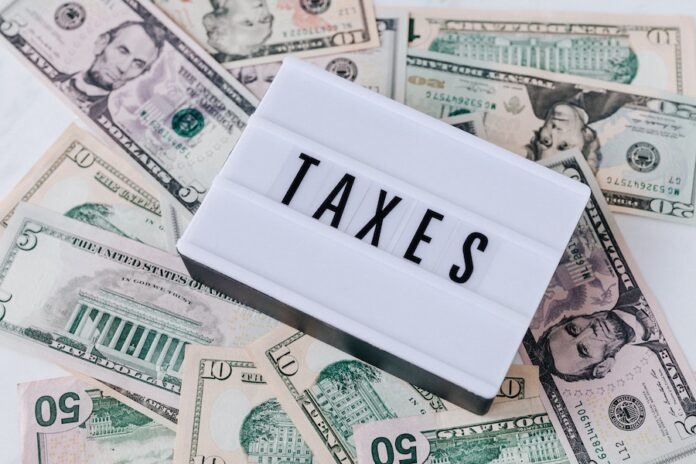Freelancing can be liberating, but it entails some responsibilities, such as tax planning and retirement savings. A single freelancer earning about USD $400 must file their income tax returns. At the same time, you need to know how to avoid tax audits and save more money by leveraging tax deductions. If you are new to freelancing, you must savor every moment of your freedom – no boss, self-chosen clients, and handpicked projects. It’s become a norm for people to do part-time or full-time freelance projects. But nothing is perfect. Rarely do freelancers think about tax payments. Those who newly switched to this may be more ignorant because their employers’ made deductions from their income in their traditional job.
However, the situation changes as soon as you become self-employed. You must know how much you owe, why, and how to pay it. It demands your attention all year round. Here are a few points worth considering.
Basic tax things
You must get the hang of self-employment tax, freelance tax forms, and tax requirements. As for self-employment tax, you file a tax as a business owner if your income is USD $400. You may have to pay a 15.3% Social Security and Medicare tax. Entrepreneurs and solopreneurs often get surprised hearing about this. But your employer used to deduct a certain amount from your paycheck for this. Now, you need to account for it. Besides that, you get a 1099-MISC form from clients paying you USD $600 or above. Check a Schedule C attachment for reporting your income.
You can schedule your payments quarterly if you have to pay USD $1000 in tax. Look at IRS Form 1040-ES to understand what you owe every quarter. You can clear the due amount in your annual filing. Remember, there can be a penalty for underpaying the quarterly taxes. Also, learn about local and state taxes applicable in your case.
Prioritize retirement planning
You may focus more on your daily duties to grow your business and earn more clients while planning for retirement savings takes a backseat. One reason can be the unavailability of employer-sponsored retirement plans for you. Or, you believe it can be too expensive to open a retirement account alone. It’s a misconception. At the same time, you devoid yourself of after-tax benefits by not paying enough attention here. For instance, one of the most accessible options is self-employed 401(k). Visit solo401k.com for an idea.
It can be a good choice if only your spouse works in the same business. You can wait to pay any tax until withdrawal. Plus, you can borrow from your account if you ever need a loan for your first home purchase or higher education for an immediate family member.
Tax Refund
It can be exciting to expect this, but it is unrealistic. When you work for an employer, they deduct tax from your income. When overpaid, you qualify for a refund. But when you pay taxes as self-employed, it’s unlikely to overpay the amount. Hence, there cannot be any refund. Still, two scenarios can lead to a refund – 1) overpayment of quarterly taxes or 2) fewer earnings for the year, due to which you qualify for an earned income credit (EIC).
These are only a few aspects of freelance tax basics. Polish your knowledge about this to avoid any unwanted circumstances in the future.






















